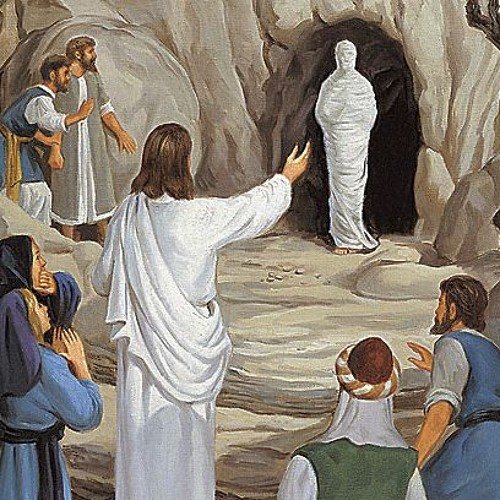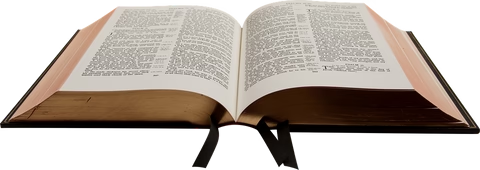Who Was Philip—and How Many Philips Are Mentioned in the Bible?
The name Philip appears several times in the Bible, referring to four different individuals. Although they shared the same name, their roles, character, and relationships with God were very different. Let’s explore each of them, along with what we can learn theologically from their lives.
1. Philip the Apostle – A Disciple Called to Follow Christ
Philip the Apostle was one of the original twelve disciples of Jesus. He is introduced in John 1:43-44:
“The next day Jesus decided to leave for Galilee. Finding Philip, he said to him, ‘Follow me.’ Philip, like Andrew and Peter, was from the town of Bethsaida.” (John 1:43–44, NIV)
As a disciple, Philip witnessed the miracles and teachings of Christ firsthand. In John 6:5–7, we see his practical nature when Jesus tests his faith during the feeding of the 5,000. And in John 14:8-9, Philip asks Jesus to show them the Father, prompting Jesus’ profound declaration that “Anyone who has seen me has seen the Father.”
Theological Insight: Philip’s story reminds us of the discipleship journey—from being called, to learning, to eventually testifying. It shows that even those close to Jesus needed spiritual growth and deeper understanding.
2. Philip the Evangelist (One of the Seven Deacons)
This Philip is first mentioned in Acts 6:1-6, when the early church selects seven Spirit-filled men to manage food distribution and practical needs, allowing the apostles to focus on prayer and the Word.
“They chose Stephen, a man full of faith and of the Holy Spirit; also Philip…” (Acts 6:5)
Philip later became a powerful evangelist. In Acts 8, he boldly preaches in Samaria and later shares the gospel with the Ethiopian eunuch—a pivotal moment for the global spread of Christianity:
“Then Philip began with that very passage of Scripture and told him the good news about Jesus.” (Acts 8:35)
After baptizing the eunuch, the Spirit miraculously carries him to another region to continue his ministry.
Later, we see Philip again in Acts 21:8-9, living in Caesarea with his four unmarried daughters who had the gift of prophecy.
Theological Insight: Philip’s life models Spirit-empowered ministry and missionary zeal. His obedience and faithfulness reflect the early church’s commitment to spreading the gospel beyond Jewish communities. The inclusion of his prophesying daughters affirms that the gifts of the Spirit were actively present in both men and women.
3. Philip the Tetrarch – A Just Ruler but Not a Disciple
This Philip, the son of Herod the Great, ruled the region of Iturea and Traconitis. He is mentioned in Luke 3:1:
“…Herod tetrarch of Galilee, his brother Philip tetrarch of Iturea and Traconitis…”
Though not a believer, historians portray this Philip as a relatively just and moderate ruler. He is credited with building the city of Caesarea Philippi, named in honor of the emperor and himself. This city later became significant in Jesus’ ministry:
“When Jesus came to the region of Caesarea Philippi, he asked his disciples, ‘Who do people say the Son of Man is?’” (Matthew 16:13)
Theological Insight: Even those in secular authority can play roles in God’s redemptive plan. Though Philip the Tetrarch wasn’t a follower of Christ, the city he built became a backdrop for one of Jesus’ most profound declarations of identity.
4. Philip, Husband of Herodias – A Figure in a Moral Crisis
This Philip is also a son of Herod the Great, but he is a different individual from the Tetrarch. He was the first husband of Herodias, who later left him to marry his brother Herod Antipas.
“For Herod himself had given orders to have John arrested, and he had him bound and put in prison. He did this because of Herodias, his brother Philip’s wife, whom he had married.” (Mark 6:17)
This immoral act was publicly condemned by John the Baptist, which led to John’s imprisonment and eventual execution.
Theological Insight: This narrative illustrates the cost of prophetic truth. John the Baptist stood for righteousness and paid the ultimate price. It also underscores the corrupt and often immoral nature of Herod’s family rule, in contrast to the holiness God calls us to.
Final Reflection: One Name, Four Lives – What Sets Them Apart?
Though all these men were named Philip, only two were true followers of Christ—the Apostle and the Evangelist. The other two were part of Herod’s politically powerful yet morally compromised dynasty.
Key Lesson: A name does not define one’s character or faith. What matters is not what we are called, but how we respond to the call of God.
“Nevertheless, God’s solid foundation stands firm, sealed with this inscription: ‘The Lord knows those who are his,’ and, ‘Everyone who confesses the name of the Lord must turn away from wickedness.’” (2 Timothy 2:19)
Conclusion:
The lives of these four Philips teach us about discipleship, evangelism, integrity in leadership, and the dangers of moral compromise. Let us not only bear a good name but also live lives worthy of the gospel we profess.
May the Lord bless and guide you.



About the author